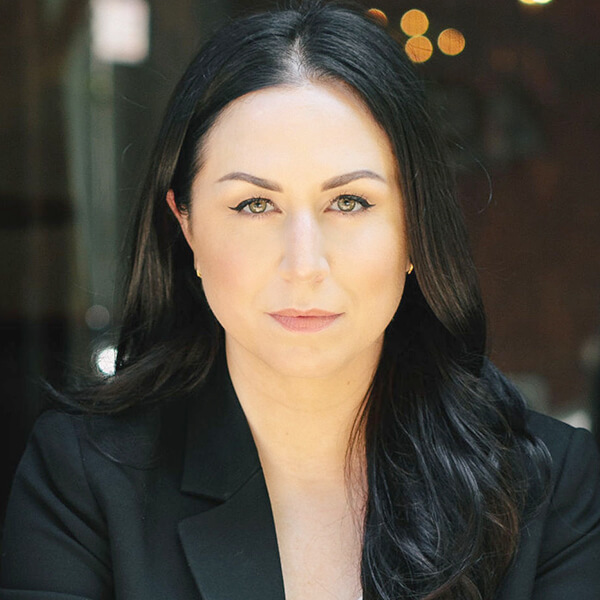Risk
Trade
The much-anticipated “Liberation Day” on April 2 has provided investors with more details on the direction of U.S. trade policy under the Trump administration. Despite hopes of a more moderate approach, the tariffs were worse than expected, raising the prospect of lower economic growth, higher inflation and interest rate cuts. U.S. equity markets sold off sharply on the news, exacerbating a year-to-date decline for the S&P 500 Index. European and Asian markets also fell.
A lasting scenario with tariffs on the high end of initial rates could tip the U.S. toward a recession. Retaliatory tariffs and counter retaliatory tariffs from the U.S. remain a concern.
For a comprehensive regional and sector breakdown, along with broader implications, download our latest report.
A key caveat is whether tariffs are being used as a bargaining tactic. We suspect that the newly announced numbers are the opening salvo of negotiations and are not likely to serve as a roadmap for what tariffs could be in six to 12 months. Still, current rhetoric and near-term economic implications make us cautious. It is still too early to draw definitive conclusions about the impact on economic growth and inflation, given the broad spectrum of sectors and countries affected by the new policies.
Altogether, we expect an ongoing process, with recalibrations to many of the enacted tariffs. Initially, we may see higher tariffs in the near term, though lower in the long run, depending on the industry or national domicile. Fortunately for corporate firms, many have a healthy financial position, with historically high margins. Some companies will experience a rise in input costs, though the severity of such increases remain in flux.
Under a scenario where tariffs are lasting and severe, such input costs could rise to a level that causes firms to cut capital expenditure, reduce head count or even cause a recession. Lastly, if the proposed tariffs persist, we could see a downgrade of earnings estimates now that the initial rates are more punitive than expected.
Related Insights
Related Insights
-
What L.A. wildfire victims need to know about taxes and other financial matters
-
Risk
Preparing for the unexpected: How to financially plan for an emergency or disaster -
Financial Planning
Tax changes are almost certain. Are you prepared?

 Natalya Zeman
Natalya Zeman
 Jayme Colosimo
Jayme Colosimo
 Harry Phinney
Harry Phinney